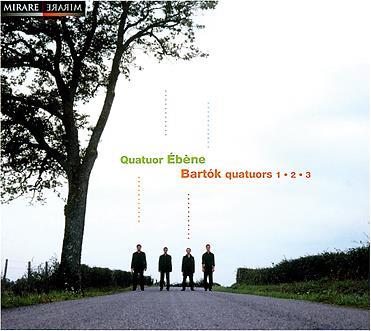
THE STRAD RECOMMENDS
The Strad Issue: January 2007
Musicians: bène Quartet
Composer: Bartók
For nearly a century composers failed to respond to the painfully introspective soul-searching of Beethoven’s late string quartets – until, that is, Bartók produced his First Quartet in 1908, memorably described by his friend Kodály as ‘the return to life of a man who has reached the shores of nothingness’. By this time Bartók was composing music based on a key rather than strictly in one, and he progressed in the Second Quartet to bitonality (where two keys coexist simultaneously) and terrifying musical concision in the Third.
Bartók was only 27 when he composed the First Quartet, yet the opening Lento is often played as though it is wringing the last vestiges of espressivo intensity out of the Romantic tradition. In contrast, the Ébène Quartet plays with a refreshing directness (and in the finale an infectious vitality) as if to remind us that this is, after all, the work of a young composer. The players also take Bartók’s occasional harmonic astringencies in their stride, rather than grinding away relentlessly at the slightest provocation. Most importantly of all, even in the uncompromising Second Quartet, they refuse to label the music ‘difficult’. They live and breathe the Hungarian’s pulsating textures with a sensuality that tantalisingly appears to lie halfway between Ravelian allure and Bergian neurosis.
The Third Quartet is perhaps the most difficult of the series to bring off convincingly, yet by imbuing the music’s coruscating micro-inflections with infectious charm even the manic final coda radiates humanity. Mirare’s engineering, like the playing itself, marries warmth and detail to perfection.
JULIAN HAYLOCK

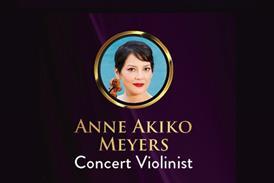
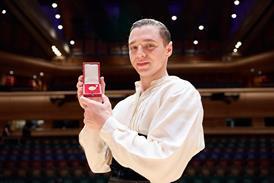
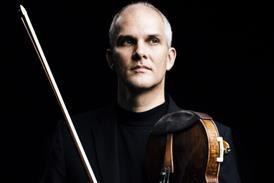
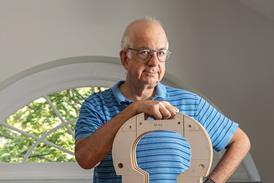
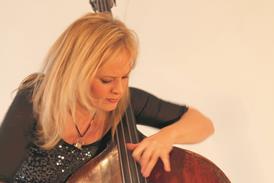
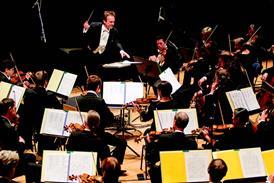
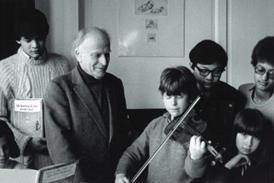

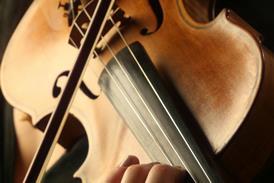
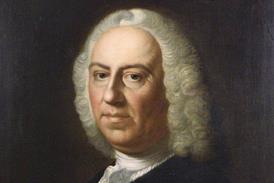
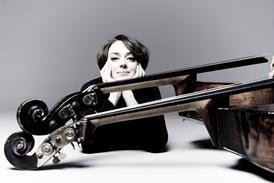
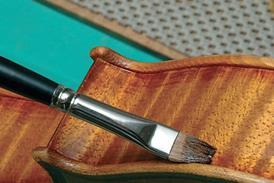

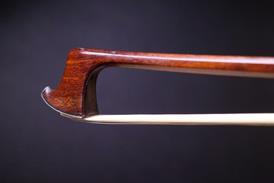











No comments yet